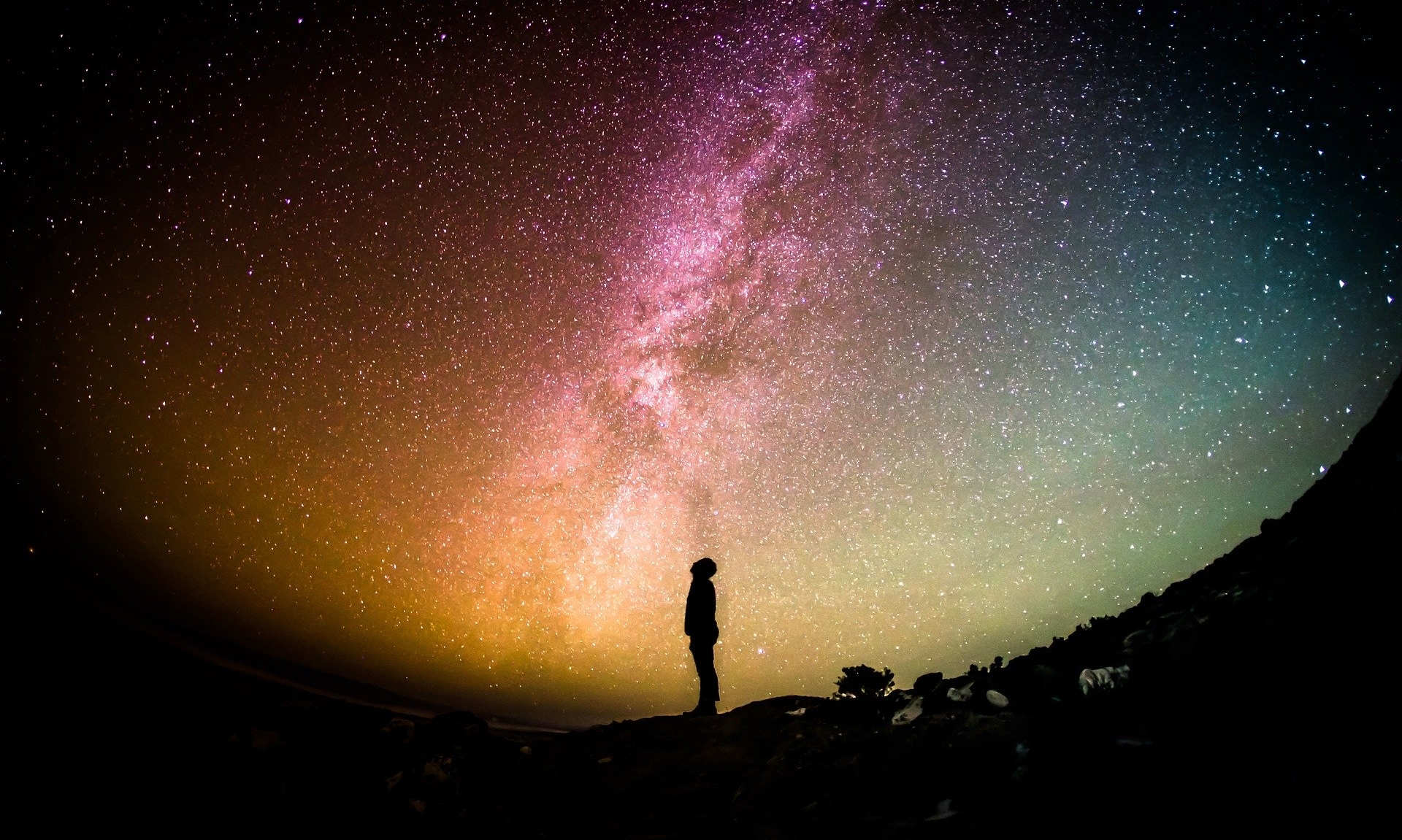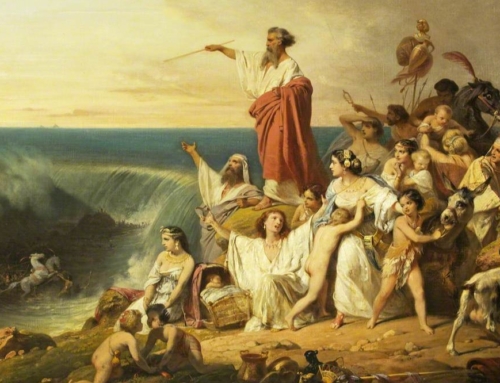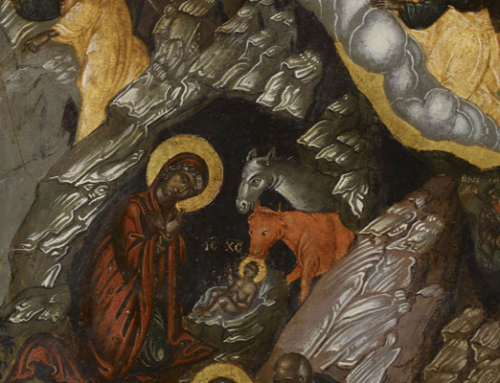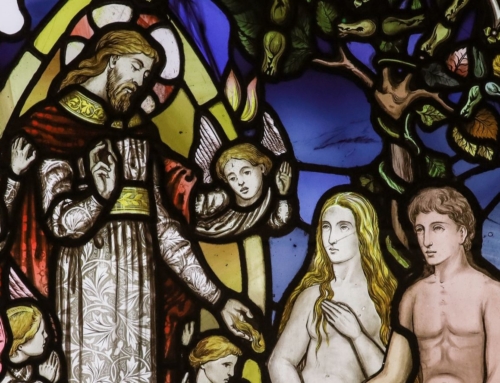Fill in the blank: A human being is basically like a _____, except that a human being is _____.
Take a moment, think about your answer.
. . .
What did you say?
A human being is basically like a chimpanzee, except that a human being is intelligent and uses language and creates art, and so on. That’s the standard answer most of us have been taught. It’s not wrong, because it places us where we are: within the category of animal creation. And since chimps are our closest relatives on the evolutionary tree, descended from a common ancestor and sharing 98% of our DNA, it’s correct to describe who we are by comparing and contrasting ourselves with them.
But that’s not the only answer, nor is it the best. It wasn’t too long ago, only a few hundred years, that the standard answer was quite a bit different.
A human being is basically like an angel, except that a human being is bodily and material. That’s also right, because it places us where we belong: within the category of intellectual and intelligent creatures. It then distinguishes us from the other species in that category by identifying our particular way of being intellectual and intelligent: as embodied and material.
Both answers are correct, because a human being has a foot in both the spiritual world and the material world. We eat and move, grow and reproduce, and have an emotional life—all of which are animal and bodily acts. We also know and love—which are intellectual and spiritual acts. We are complicated creatures, truthfully described in different ways.
But those answers, true as they are, are not equal. The spiritual and bodily parts of our life are not equal. Our bodily life is short and limited. We cannot physically be everywhere we want to be, we cannot feel everything we want to feel, and we will leave this world with a whole host of good things left undone and unexperienced. Our spiritual life is not short, but eternal. It is not limited, for the intellect can know every true thing and the will can love every good thing. And while we will leave this world with many true things left unknown and good things left unloved, we have all eternity to know and love those things by knowing and loving their Creator. At the end of the day, how we feel matters little. It is like the grass of the field which “in the morning springs up and flowers, but by evening withers and fades” (Ps 90:6). What matters is what we know and what we love.
Describing ourselves as like the angels draws our minds upwards, to what is highest in us. Comparing ourselves to chimps drags our minds down, to what is lowest in us. Changing our primary referent will change how we live, what we value, what we expect in this life and in the next.
Consider that we are more like the angels than we are like chimps. We share more of our life with the angels, as both we and angels know and love. We can truly be friends with the angels, because we can truly know and love each other, and share a common eternal destiny as we know and love God. We are part of a great and glorious creation, greater and more glorious than anything material in the universe. And, by the merciful grace of God, we will have all eternity to revel in that glory.
✠
Photo by Free-Photos on Pixabay







